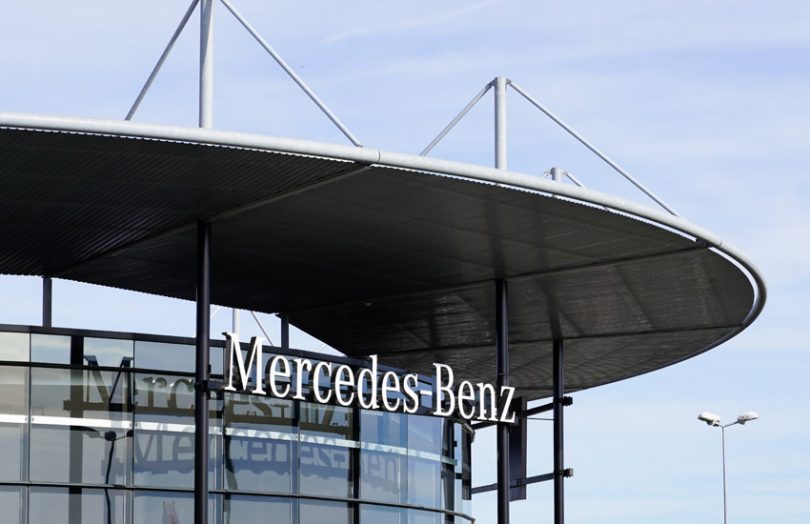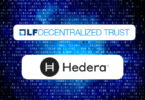At today’s Startup Autobahn Expo day, the Daimler Mobility Blockchain Factory shared three identity projects that it’s working on.
Dr Harry Behrens, Head of the Daimler Mobility Blockchain Factory, explained the importance of identity and blockchain earlier this year. He spoke about how companies currently have their own data silos. But decentralized identity can create a seamless experience for customers without the need to register with numerous different solutions.
“The innovation is you can bundle services from 20 companies (and) deliver them to the customer as if one company has delivered it. Customers get identified once, across the whole ecosystem and then they can use this identity to sign transactions with any of the silos and any of the operators,” said Behrens. “It’s very easy to identify companies, vehicles and customers. This is what blockchain provides and this is the true revolution behind blockchain and distributed ledger technology.”
We previously wrote about Daimler’s partnership with RIDDLE&CODE to create a hardware car wallet. Using a chip is the most secure way to establish a vehicle’s identity, particularly for future autonomous cars that constantly need to interact with the outside world. But a more immediate application is to retrofit a car with a wallet, which is handy for car rental companies.
A second solution was developed by blockchain startup Spherity. The focus with this one is to provide a wallet for enterprises, so they can prove their identity and credentials and sign agreements in an automated way. Spherity’s technology can leverage decentralized identity (DID) protocol Hyperldeger Indy, the technology behind Sovrin, enterprise blockchain Quorum, or even public Ethereum. It also provides numerous security options for storing keys, including custodial hardware security modules.
The third project is based on Chinese pubic blockchain Ontology. It is collaborating with Daimler Mobility on MoveX, a self sovereign identity solution. In line with Behrens visions, the purpose is to enable a customer to experience multiple mobility services with one continuous experience. And, at the same time to protect the user’s privacy. The implementation was done by German blockchain startup 51 nodes, which has worked on the RIDDLE&CODE project and another Daimler and Bosch project to finance industrial goods using the public Ethereum blockchain.






